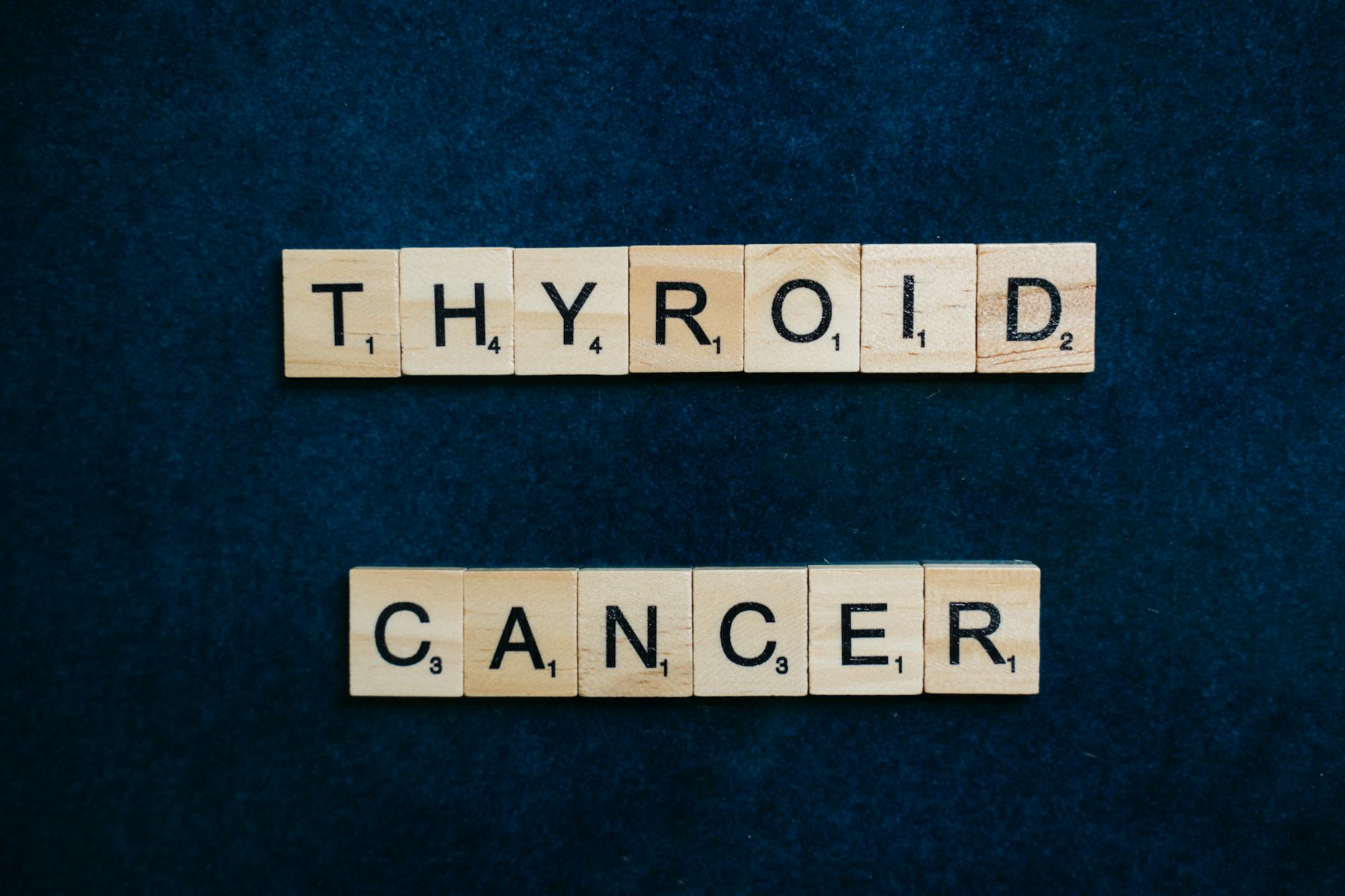Discover the truth behind Graves Disease – from symptoms to treatment options, this informative post has all the answers you need.
Table of Contents
Graves Disease is a common autoimmune disorder that affects the thyroid gland. It is important to understand the causes, symptoms, and treatments for this condition in order to better navigate its impact on overall health and well-being.
Causes of Graves Disease
Graves Disease occurs when the immune system mistakenly attacks the thyroid gland, causing it to produce an excess amount of thyroid hormones. The exact cause of this autoimmune response is still unknown, but factors such as genetics and environmental triggers are believed to play a role in the development of the disease.
Symptoms of Graves Disease
The symptoms of Graves Disease can vary from person to person, but common signs include weight loss, rapid heartbeat, hand tremors, excessive sweating, anxiety, and bulging eyes. These symptoms can have a significant impact on daily life and may worsen if left untreated.
Treatments for Graves Disease
There are several treatment options available for individuals diagnosed with Graves Disease. Medications such as beta-blockers and antithyroid drugs can help manage symptoms and regulate thyroid hormone levels. In some cases, radioactive iodine therapy or thyroid surgery may be recommended to remove part or all of the thyroid gland.
Managing Graves Disease
Living with Graves Disease requires ongoing management to monitor thyroid function and address any changes in symptoms. It is important to work closely with healthcare providers to create a personalized treatment plan that addresses individual needs and concerns. Additionally, adopting a healthy lifestyle that includes regular exercise, a balanced diet, and stress management techniques can help support overall well-being.
| Topic | Information |
|---|---|
| What is Graves Disease? | A common autoimmune disorder that causes hyperthyroidism, leading to symptoms such as anxiety, weight loss, and bulging eyes. |
| Cause | Unknown, but believed to be a combination of genetic, environmental, and hormonal factors. |
| Symptoms | Increased heart rate, tremors, weight loss, fatigue, heat intolerance, and goiter. |
| Diagnosis | Blood tests to measure thyroid hormone levels, imaging tests to check thyroid gland, and antibody tests. |
| Treatment | Medications to block thyroid hormone production, radioactive iodine therapy, or surgery to remove thyroid gland. |
| Complications | Osteoporosis, heart problems, and thyroid eye disease if left untreated. |
Support and Resources
Connecting with support groups and online resources can provide valuable information and emotional support for individuals living with Graves Disease. These platforms offer a sense of community and allow individuals to share experiences, ask questions, and access helpful tips for managing the condition effectively.
Conclusion
Graves Disease is a complex autoimmune disorder that requires comprehensive management and care. By understanding the causes, symptoms, and treatment options for this condition, individuals can take proactive steps to preserve their health and quality of life. Remember, you are not alone on this journey – seek support, stay informed, and prioritize self-care to thrive in spite of Graves Disease.
FAQs
Can Graves Disease be cured?
Graves Disease can be managed effectively with appropriate treatment, such as medications, radioactive iodine therapy, or surgery. While it may not have a definitive cure, symptoms can be controlled to improve quality of life.
How is Graves Disease diagnosed?
Graves Disease is typically diagnosed through blood tests to measure thyroid hormone levels, imaging tests to assess the thyroid gland, and antibody tests to detect autoimmune activity.
What are the long-term complications of Graves Disease?
Long-term complications of Graves Disease may include osteoporosis, heart problems, and thyroid eye disease if left untreated. Regular monitoring and appropriate management can help mitigate these risks.
How can I support a loved one with Graves Disease?
Supporting a loved one with Graves Disease involves offering emotional support, helping them navigate treatment options, and encouraging healthy lifestyle choices. Providing a listening ear and being understanding of their needs can make a significant difference in their journey towards better health.





